This was not always so. I think back to a decade ago when Ireland still had a sugar processing industry. For three years in succession the pregnant ewes were overwintered on rented beet tops about three miles from home. The ewes did well on this keep, maybe too well.
As lambing approached, early on a Sunday morning before traffic got going, the family was commandeered to walk the sheep home. Despite taking them easy, I noticed that some of the heavier ewes were under stress with the journey. Within days these ewes succumbed to Twin Lamb Disease.
After the first year I attributed the TWD to the sudden change of diet moving from the beet tops to the shed. Next year I trained the ewes even more so onto meals before leaving the beet tops. But again some ewes went down with TWD. The penny dropped. It was the stress of the long walk on the heavily pregnant ewes that triggered the problem.
Flockowners who are unfortunate to suffer dog attacks on heavily pregnant ewes, often suffer subsequent losses from TWD. Here again the stress causes the disease. Any sudden change in the final weeks of pregnancy can trigger the TWD. Ideally heavily pregnant ewes should be trained on the indoor diet before housing.
I recall a neighbour getting a massive TWD incident after bringing close-to-lambing ewes from grazing turnips to the shed without pre-training onto meals. He was lucky. Once he noticed the sickly breath smell associated with onset of TWD he moved quickly to get food into the ewes by carrying turnips to them into the shed.
Treatment for TWD is generally disappointing. The low blood sugars affect the brain and unless you get in early and often with the electrolytes it is very hard to reverse the disease. If the ewe has reached day 135 of the pregnancy some vets will induce the lambs. Once free of the lamb load the ewe seems to get relief.
All in all with TWD the approach should be prevention, prevention, and prevention. Avoid sudden changes in the last month of pregnancy. Ensure that there is plenty of trough space for meal feeding. Move early to look after heavily pregnant ewes which become lame. It may be necessary to isolate them for special feed attention.




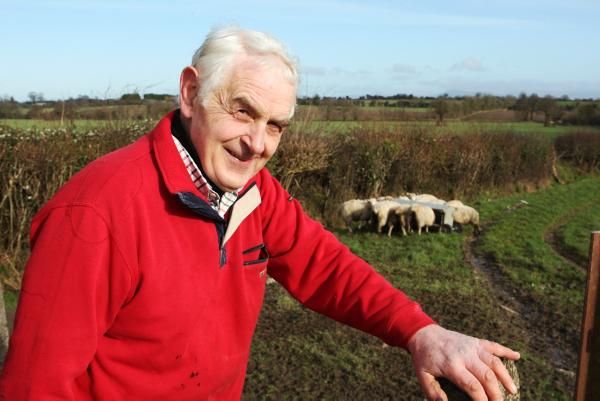
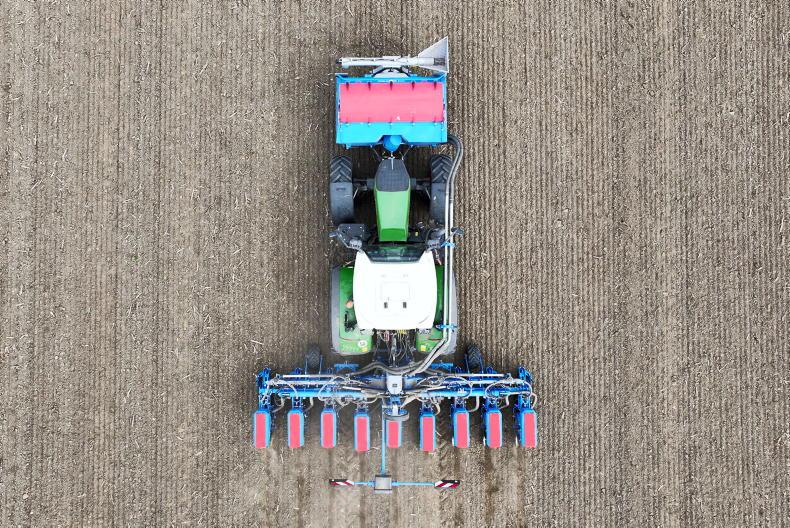

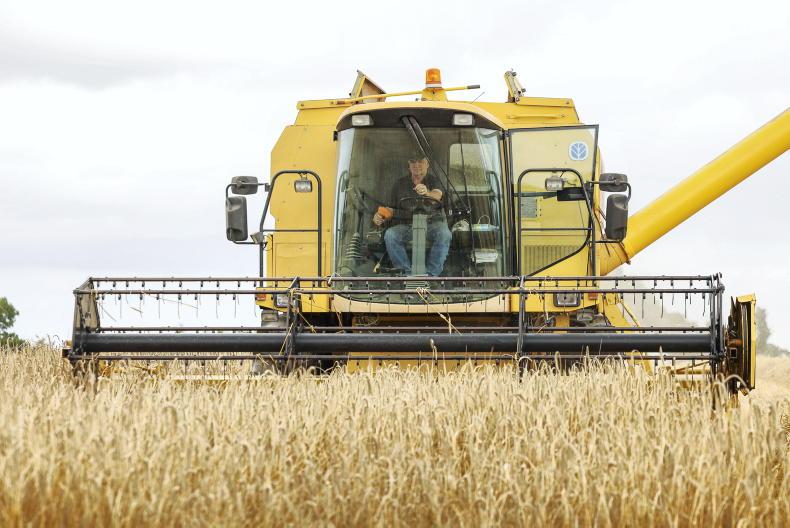
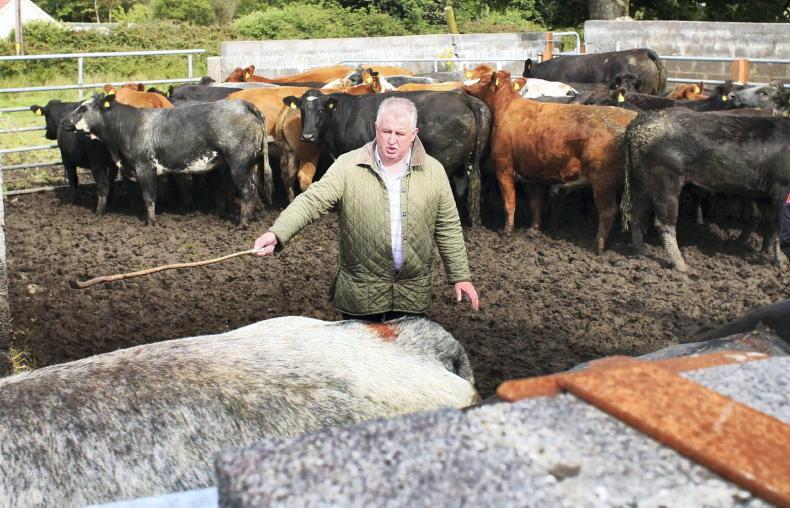
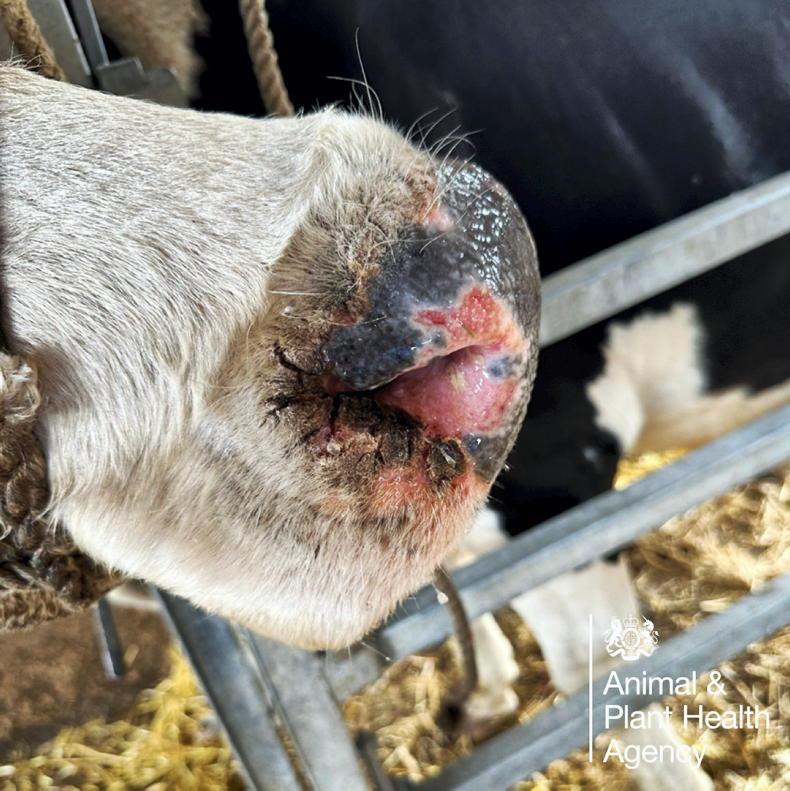
SHARING OPTIONS